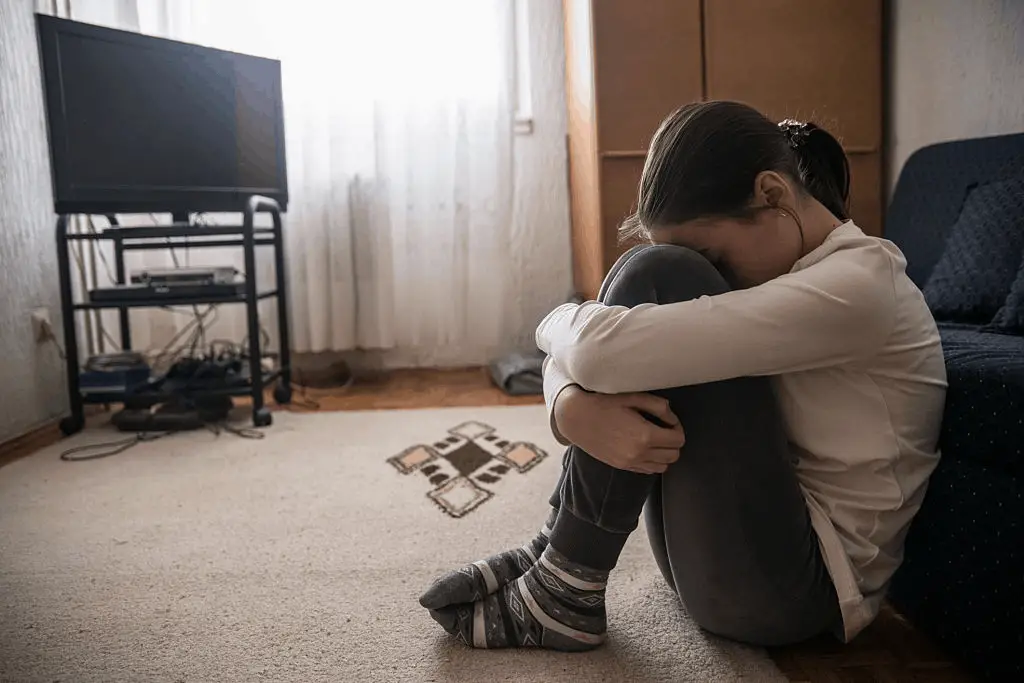Being a parent can be equally difficult and rewarding. One of the difficult parts is that you know you can’t watch your children every moment, and that, inevitably, they’re going to get hurt or upset in a way you can’t immediately understand. When teenagers act up, it can be especially heartbreaking, because you can see the pain in your child but are uncertain of how to help them. Here are some things that can help find the solution, or could be the solution themselves.
1. Listen
This can be one of the hardest things a parent does; you’re the parent, why should you have to listen? That’s the exact reason it can be so vital; blocked communication can be the source of a surprising range of problems. Your teen may have the communication skills to speak clearly, but not the emotional awareness to properly understand and express the problems they are having.

2. Therapy
Therapy has a lot of stigma attached to it, often because we don’t want to admit that there is a problem. If you are reading this, chances are pretty good that you already know there is a problem, so take care of it!
A good therapist can get to the bottom of what is going on; it’s their profession to find the root of problems and address them. Be prepared to shop around for one with whom both you and your child can connect with, but these professionals can help remove a lot of the guess work about what’s going on.
3. Outside Organizations and Programs
Boarding schools, outreach programs, group therapy, and drug rehab can all be useful tools. Each has their own purpose, so make sure to do your homework. There is no single method that solves all problems; discipline problems may require a boarding school, while emotional issues may be resolved better in a group therapy environment.
You’ve known your child all their life; keep their own nature in mind when you consider these options.

4. Being a Parent
This may sound a bit redundant, but it’s surprising how many parents respond to angry teens by trying to be best friends. While you do want your child to trust you, you also need them to see you as an authority figure. If they don’t feel like you’re actually a parent, they may not feel that you have the strength to handle their problems.
Read Also: How to be a Good Parent ?
While it can be challenging to establish this relationship after the trouble has already started, the fact that your teen is going through hard times is the exact reason you need to step it up.
5. Time
When was the last time you actually expressed interest in anything your son or daughter has done; things with an academic grade attached to it don’t count! What are their hobbies? What makes them excited? If you’re struggling to answer some of these questions, it’s time to get those answers.
While communication can be extremely helpful, you need to follow it up with action. What have you actually done? Have you followed up all that communication with action, or did you think that talking was all you need to do?
Conclusion
Addressing the issues of troubled teenagers can be walking a tightrope; you’re balancing the child they are with the adult they’re about to become. The above solutions aren’t exhaustive, but they should give you a chance to better understand what’s going on.
Everyone is different, and your teenager is no exception. How they handle the stresses of coping with their changing world is going to be a process that is both unique to them and relatable to someone who has gone through the same difficulty. Keep that in mind, and you’ll have the best tool of all; empathy.

